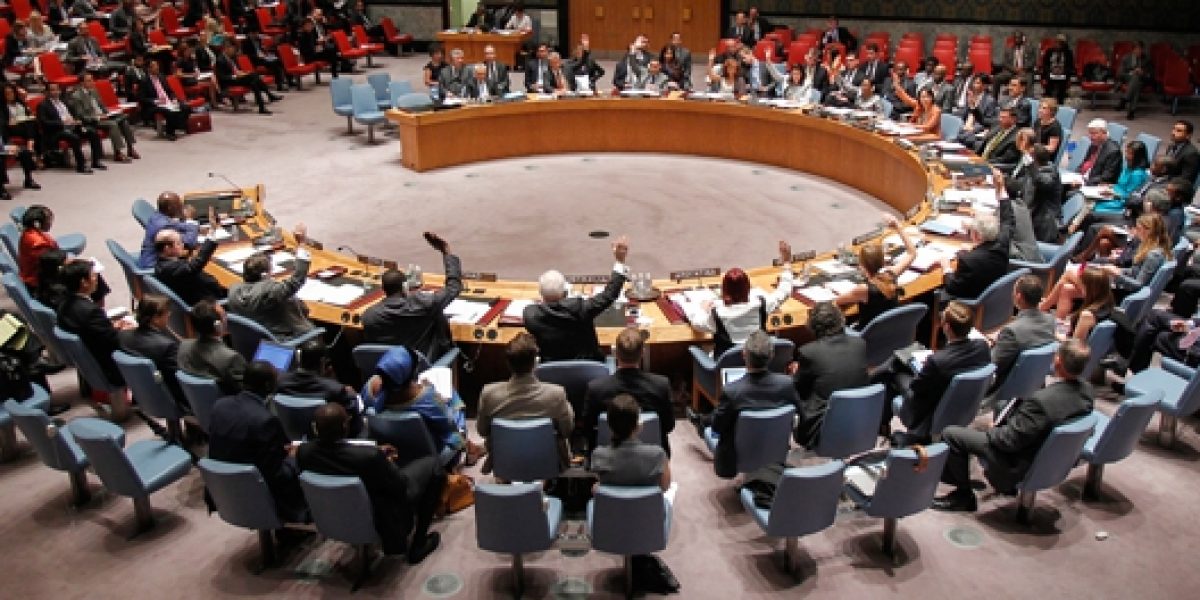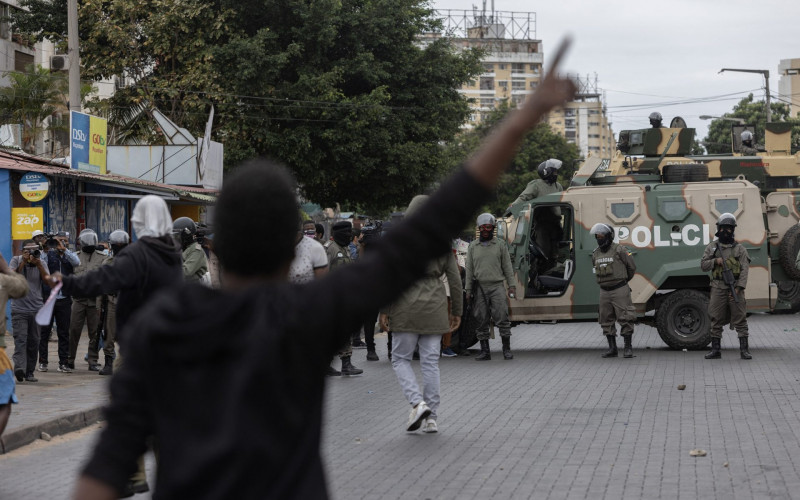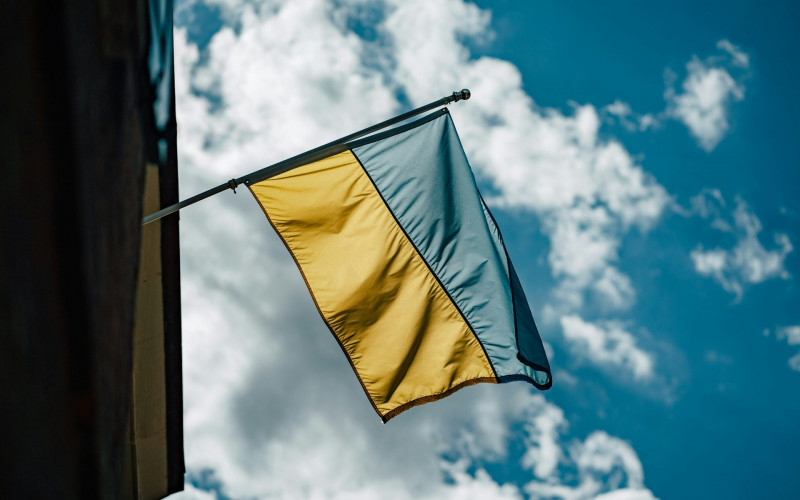BRICS member states (Brazil, Russia, India, China and South Africa) have, time and again, declared their commitment to ‘building a harmonious world of lasting peace and common prosperity’, yet the various Summit declarations are sketchy at best on how these five countries intend to go about achieving this objective.
As the international community continues to disagree on how to respond to crises affecting Syria and the Ukraine, to name the most prominent examples, is it at all feasible that the BRICS – as self-proclaimed representatives of the global South – could push for the adoption of a set of guidelines that determine the conditions under which external military intervention is justified?
The BRICS countries differ from each other in many ways: culturally, politically, and demographically. What BRICS countries do share, however, is an aspiration to be what some analysts have called global ‘rule makers’ instead of ‘rule takers’. Judging from the various Summit declarations, it would seem that the one unifying characteristic between these countries is agreement on the protection of the sovereignty of the nation state against unilateral external intervention.
However, given the recent crisis in Ukraine in which a BRICS member is one of the key protagonists, it would seem that the BRICS are more cautious about criticising one of their club members about ‘interfering’. South Africa, for example, which in the case of Israel’s ground invasion of the Gaza Strip illustrated its willingness to publicly criticise a sitting government for what it considers violations of international law, appears to have taken a more discreet position on the situation in Ukraine. Nowhere in its official statements is there mention of Russia’s involvement in the crisis.
In fact, the BRICS Summit Declaration only once mentions Ukraine, with States declaring their ‘deep concern with the situation in Ukraine.’ They call for ‘a comprehensive dialogue, the de-escalation of the conflict and restraint from all the actors involved, with a view to finding a peaceful political solution, in full compliance with the UN Charter and universally recognized human rights and fundamental freedoms’.
But perhaps one should not be too hasty in interpreting this reluctance to criticise Russia’s role in the crisis as unconditional support for the former Cold War superpower. Their reasoning might be slightly more complex than that. Part of the BRICS’ raison d’etre is to be a voice from the global South, to champion a reform of the global order where all voices are weighted equally. This is precisely the rationale behind the recent launch of the much more widely discussed BRICS development bank and contingency fund, both intended to provide developing countries with alternative sources of funding to the World Bank and IMF.
South Africa has taken similar positions where it thought double standards were being applied. When, during its first tenure on the UNSC, it voted against imposing sanctions on Myanmar, Iran and Zimbabwe, it did so not only out of a desire not to be perceived as a puppet of the West, but because it felt that multilateral institutions were being abused by the so-called big players. Certain principles were being applied only when it suited their own national interests. Why should the US be allowed to flout internationally agreed norms and launch essentially unilateral offensives in Iraq and Afghanistan, while others have to play by the rules? In the South African government’s view, it is this double standard that can cause considerable damage to the international world order and the aspiration towards global peace.
That said, the world cannot stand by idly as innocent civilians continue to lose their lives at the hands of warring parties – be they government-endorsed security forces or externally supported rebel factions. With the shooting down of Malaysia Airlines flight MH17, the victims of the Ukrainian crisis now also include non-Ukrainian and non-Russian casualties, an incident which appears to have put the crisis back on the Security Council’s radar.
The United Nations, as the global actor tasked with the primary responsibility to maintain international peace and security, always faces the same challenge when deciding how to respond to crisis situations, be it in Ukraine, Syria, Libya or Somalia. How can it overcome the tension between the need for timely and decisive action versus the need for a fair debate about how to intervene?
When, in 2005, the UN World Summit Outcome Document acknowledged the collective international responsibility to protect (R2P) populations from genocide, war crimes, ethnic cleansing and crimes against humanity, it unfortunately did not at the same time adopt the legitimacy criteria outlined by the original authors of the R2P concept to direct and sanction action by the international community.
Today, these legitimacy criteria are as simple as they are relevant. First, is the seriousness of the threat. Is the potential harm to state or civilians sufficiently clear and serious enough to warrant military intervention? Second, is the proper purpose. Is the primary purpose of such action to halt or avert further harm? Third comes last resort. Have all reasonable available peaceful alternatives to resolving the conflict been exhausted? Fourth, proportional means. Is the scale, duration and intensity of the proposed military response the minimum necessary to meet the threat? Finally, there is the balance of consequences. Can such a military response be reasonably expected to succeed, and do the negative consequences of inaction outweigh those of action?
The adoption of these criteria would have enabled the UNSC to be more responsive to instances where mass atrocities are being committed, and more importantly, constrain individual states or ad hoc ‘coalitions of the willing’ from exploiting R2P to justify unilateral intervention.
There is little indication that the BRICS would agree on how to respond to the various crises that plague the world. A consensus among the IBSA bloc (India, Brazil, South Africa) on these issues seems more likely. Nonetheless, if the BRICS are indeed serious about promoting security across the globe, one way to further this objective would be to use their newfound voices to promote the adoption of R2P’s legitimacy criteria when considering whether to authorise or apply military force.
The focus should not be on whether to intervene or not. Rather, the challenge lies in determining whether all other means of conflict resolution have been exhausted in order to warrant the use of force.







